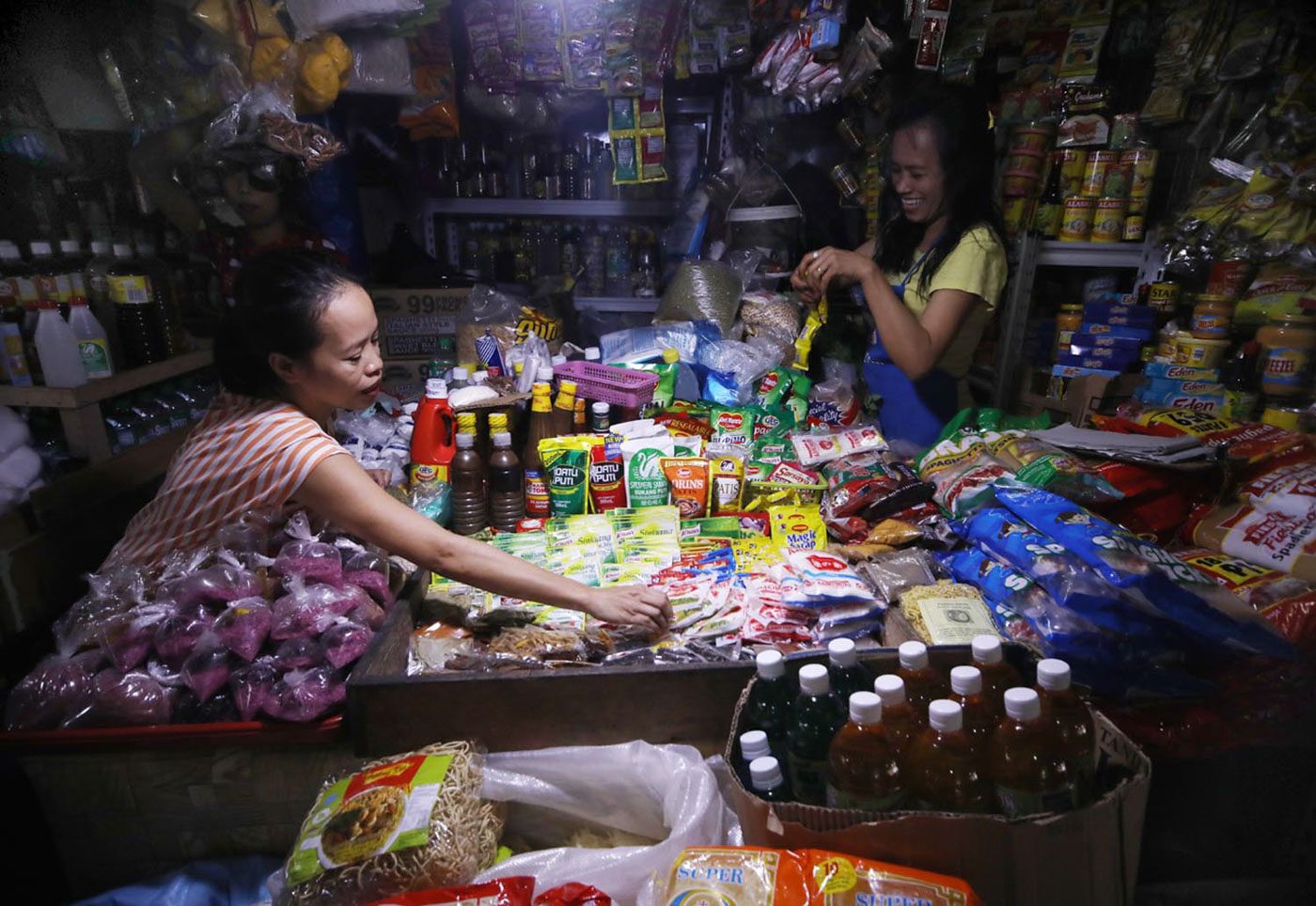SUMMARY
This is AI generated summarization, which may have errors. For context, always refer to the full article.

MANILA, Philippines – London-based research firm Capital Economics sees the Philippine peso sinking further to P55 against the greenback this year and fall to P58 in 2019.
In a report released last Friday, September 14, Capital Economics said that they expected the peso to slide due to a wider trade deficit aggravated by the government’s infrastructure push. The think tank said that this renewed a downward pressure on the peso, “creating a further headache for the central bank.”
The country’s trade deficit swelled by 171.7% to $3.55 billion in July 2018, a huge leap from the $1.31 billion recorded in the same period last year. The trade deficit is at $22.49 billion year-to-date, 72.3% wider than the $13.06 billion recorded during the same period last year.
A trade deficit occurs when a country’s imports exceed exports. A wide trade gap puts pressure and weakens a currency.
The double-digit jump in imports was driven mostly by iron and steel shipments (135.5%).
“Looking ahead, the trade deficit is likely to widen further as imports of capital goods continue to flood in to support [President Rodrigo] Duterte’s infrastructure drive,” Capital Economics said.
The government’s Build, Build, Build program is estimated to spend up to P9 billion for 75 flagship projects.
Inflation
A weak peso also puts pressure on prices of basic commodities.
On top of this economic trend, Capital Economics also warned that food prices will likely rise more due to Typhoon Ompong (international name: Mangkhut), which pummelled Northern Luzon over the weekend.
“The lesson from previous natural disasters is that there is likely to be a short-term negative impact on gross domestic product, followed by a rebound supported by reconstruction efforts. Perhaps a bigger worry from an economic perspective is that ‘Mangkhut’ damages agricultural production, leading to an increase in food prices. This would put further pressure on the Bangko Sentral ng Pilipinas to tighten monetary policy,” Capital Economics said.
Inflation hit a 9-year high of 6.4% in August. (LOOK: Cooking pinakbet under sizzling inflation)
Bank of the Philippine Islands lead economist Jun Neri said that inflation is a “serious concern” but is still “manageable.”
He also said that oil prices in the global market are expected to go up further, which means that inflation is “less likely to peak before end-2018.”
For inflation to drop significantly, Neri said that oil has to drop to at least $60 to $65 per barrel.
Neri also said that the government should also look into the country’s high energy costs, which contribute to high inflation. – Rappler.com
Add a comment
How does this make you feel?
There are no comments yet. Add your comment to start the conversation.